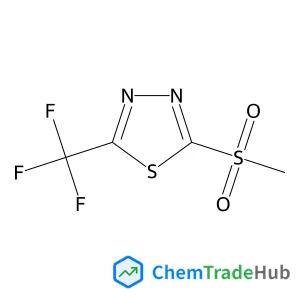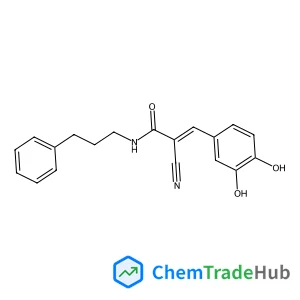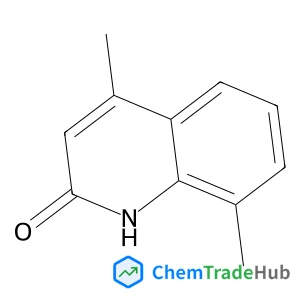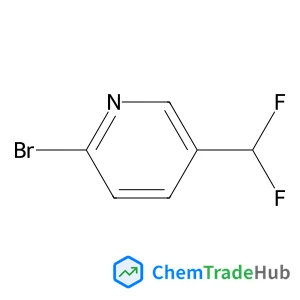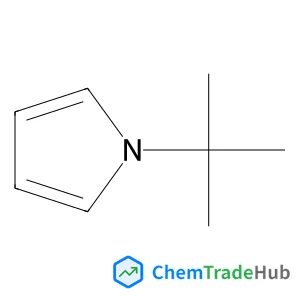From zinco(ii) arsaketenes to silylene-stabilised zinco arsinidene complexes
文献信息
Ernesto Ballestero-Martínez, Terrance J. Hadlington, Tibor Szilvási, Shenglai Yao, Matthias Driess
The decarbonylation of the first zinco(II) arsaketene complexes LZnAsCO (2) and LZn(AsCO)(NHC) (4) (L = {CH(CMeNDipp)2}−, Dipp = 2,6-iPr2C6H3; NHC = [C(Me)N(iPr)]2C:) has been investigated in the presence of the N-heterocyclic silylenes, tBuNHSi (tBuNHSi = [C(H)N(tBu)]2Si:) and DippNHSi (DippNHSi = [C(H)N(2,6-iPr2-C6H3)]2Si:). Depending on the steric demand of the NHSi donor, dimers or monomers of silylene-stabilised arsinidenes are isolated. The bonding situations in all of the novel arsinidene complexes have been elucidated through X-ray diffraction analyses and theoretical calculations.
相关文献
IF 6.367
Front coverIF 6.843
Recent developments in carbon nitride based films for photoelectrochemical water splittingIF 6.367
Photoactivatable fluorophores for durable labelling of individual cellsIF 6.222
Insights into the mechanism of photosynthetic H2 evolution catalyzed by a heptacoordinate cobalt complexIF 6.367
Contents listIF 6.222
Inside back coverIF 6.222
Biomaterials Science Emerging Investigators 2021IF 6.843
Surface structure-dependent electrocatalytic reduction of CO2 to C1 products on SnO2 catalystsIF 6.367
Ether-functionalization of monoethanolamine (MEA) for reversible CO2 capture under solvent-free conditions with high-capacity and low-viscosityIF 6.367
来源期刊
Chemical Communications
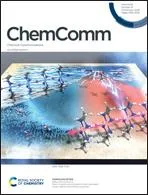
ChemComm publishes urgent research which is of outstanding significance and interest to experts in the field, while also appealing to the journal’s broad chemistry readership. Our communication format is ideally suited to short, urgent studies that are of such importance that they require accelerated publication. Our scope covers all topics in chemistry, and research at the interface of chemistry and other disciplines (such as materials science, nanoscience, physics, engineering and biology) where there is a significant novelty in the chemistry aspects. Major topic areas covered include: Analytical Chemistry Catalysis Chemical Biology and medicinal chemistry Computational Chemistry and Machine Learning Energy and sustainable chemistry Environmental Chemistry Green Chemistry Inorganic Chemistry Materials Chemistry Nanoscience Organic Chemistry Physical Chemistry Polymer Chemistry Supramolecular Chemistry
推荐供应商
 HAWLinings GmbH
HAWLinings GmbH TOPLAB GmbH
TOPLAB GmbH 温州中树机械有限公司
温州中树机械有限公司 石家庄祥盛建材有限公司
石家庄祥盛建材有限公司 太仓蓝丰化工有限公司
太仓蓝丰化工有限公司 寿光市源美食品科技有限公司
寿光市源美食品科技有限公司 A-TEC工业集团
A-TEC工业集团 大连普瑞特化工科技有限公司
大连普瑞特化工科技有限公司 天津市博创化工有限公司
天津市博创化工有限公司 马钦鲍公司
马钦鲍公司










